Glorifying crime: Why Australians really love a bad boy (or girl)
It infuriates police, but there are very human reasons why Australians are fascinated with those who’ve stepped on the wrong side of the law — and for once it’s not all social media’s fault. LISTEN TO THE PODCAST
Police Tape podcast
Don't miss out on the headlines from Police Tape podcast. Followed categories will be added to My News.
It’s the one crime trend that disgusts police officers everywhere, but is officially so part of our human DNA it will not change — and Australians are among the biggest perpetrators.
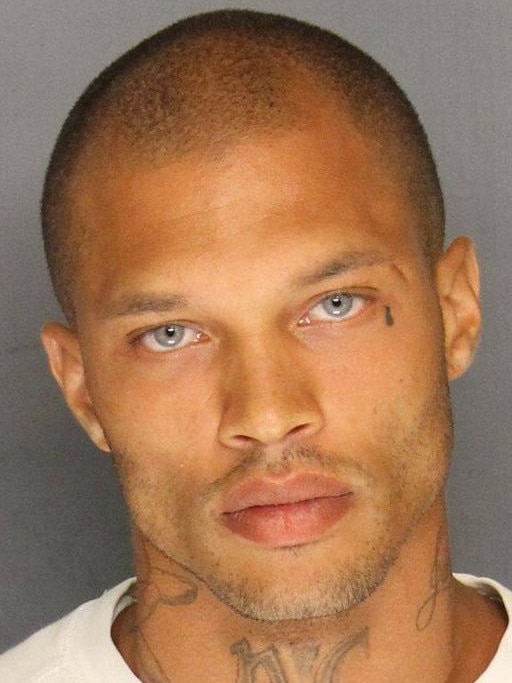
As celebrity criminals flaunt their wealth, boast of their crimes and attract tens of thousands of Insta followers, it seems the public just cannot get enough.
Jailhouse gambit: Killer deal to retrieve stolen rocket launcher
Since the days of bushrangers such as Ned Kelly or Captain Thunderbolt, we have immortalised criminals, preferring to see them as daring heroes battling authorities instead of violent criminals threatening society.
And now social media is feeding our deep-held desires to flirt with danger from a safe distance — getting a visceral thrill from the darker side of life while at the same time feeling superior.
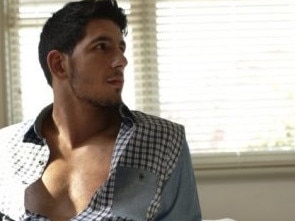
“There is the instinctive appeal we have with gangsters and with criminals in general and the people associated with that lifestyle because they are doing the things we can’t,” said RMIT media and communications senior lecturer Dr Jenny Robinson.
It’s a trend we’ve seen in everything from hit TV series Underbelly to the viral appeal of “Hot Felon” mugshot star-turned-model Jeremy Meeks.
But for former NSW Police assistant commissioner Ken McKay: “It’s a joke and a disgrace, just a disgrace.”
The fact that we would sooner idolise glamorous gangland lifestyles than recognise a charity worker or humanitarian award nominee has bugged him for much of his stellar 37-year career.
“This is what repulses me the most,” he said.
LISTEN: Ken McKay on stolen rocket launchers, being shot at and celebrity crims
Dr Robinson points to very normal human responses that have existed throughout humanity for our ongoing fascination with those on the wrong side of the law.
“They (the crims) are flaunting social norms, they are on the border of violence and the things we are afraid of, so watching them and following them allows us to explore in some ways an aspirational, darker side of life, that we feel we can’t (be part of).
“We have always had a fascination for people who, and especially Australians I think, flaunt the social norms, stand up against authority, and so there is this fundamental psyche that is attracted to exploring that.
“So it is giving us an outlet for exploring and following those things, and that’s why gangster genres, Underbelly, the general TV, media content, film … you look at some of the greatest films, they’ve been gangster films that are exploring this seedy, dark side of humanity that is very real and we know exists but that we are afraid of, that we can’t touch, that we don’t see.”
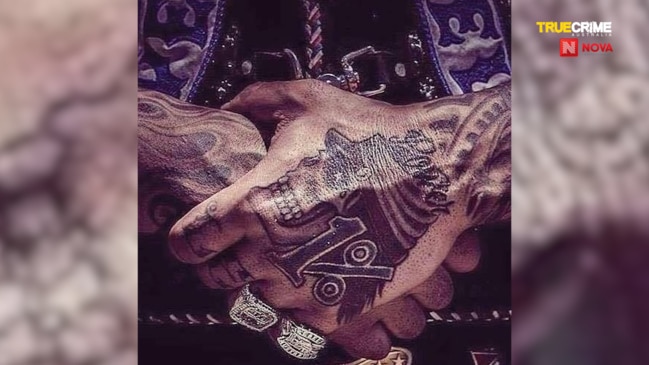
McKay said it was incredible that violent, thugs, killers, organised crime figures and drug traffickers were popularised and turned into celebrities by a public mesmerised by their wealth and lifestyles.
He singled out the Channel 9’s Underbelly TV series for making celebrities out of criminals including Melbourne gangland figures Carl Williams and the Carlton Crew’s Alphonse Gangitano.
Violent criminal Mark ‘Chopper’ Read became a celebrity and TV personality, and starred on the comedy pub circuit mocking those he beat up as he talked about his crimes.
Then there is the likes of Comanchero bikie and male model Hasan Topal, set to complete a prison stint for a violent assault, being feted on social media.
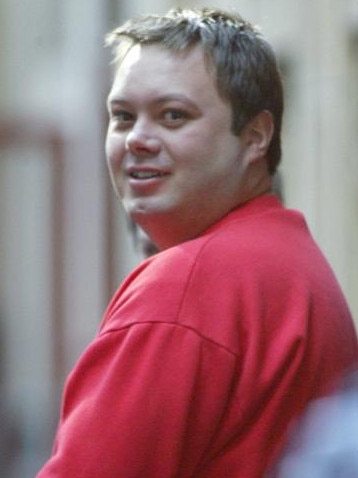
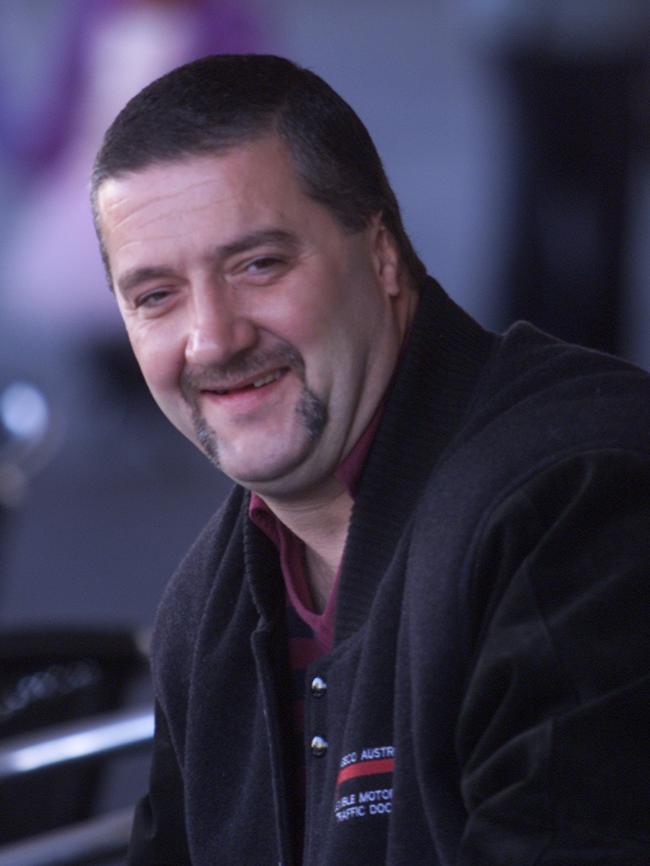
McKay said at one stage even the violent, golden-toothed Brothers 4 Life enforcer Rodney “Goldie” Atkinson was being seen as a reformed public figure, just months before he was being put back in jail.
Convicted drug runner Schapelle Corby has amassed more than 173,000 Instagram followers since being released from jail, and the fascination remains with her fellow Australian cell mates the Bali 9.
In the US, former gang member and convicted crim Meeks became a global celebrity when his mugshot was posted on social media — fame that soon saw him parading fashion week catwalks and chalking up 1.6 million followers on social media.
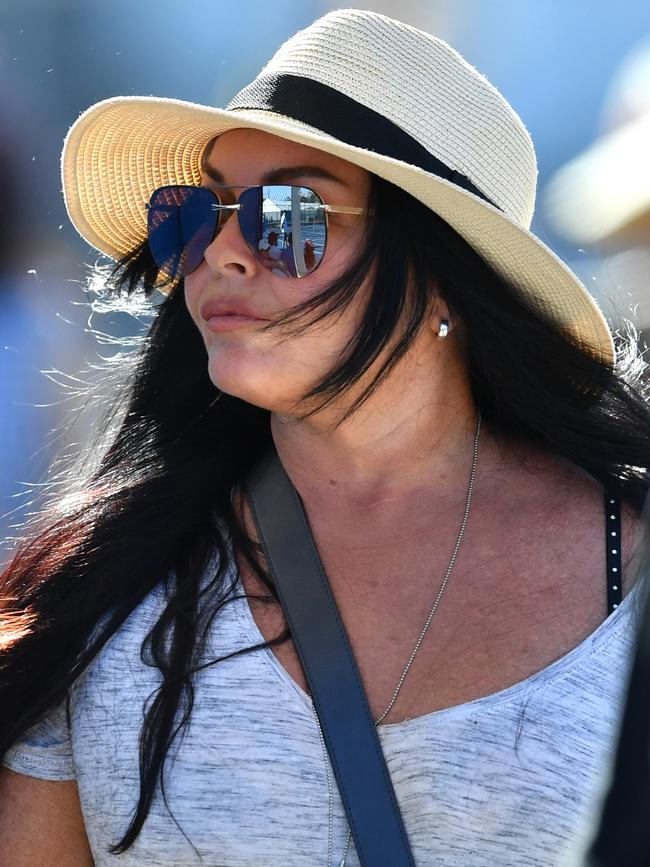
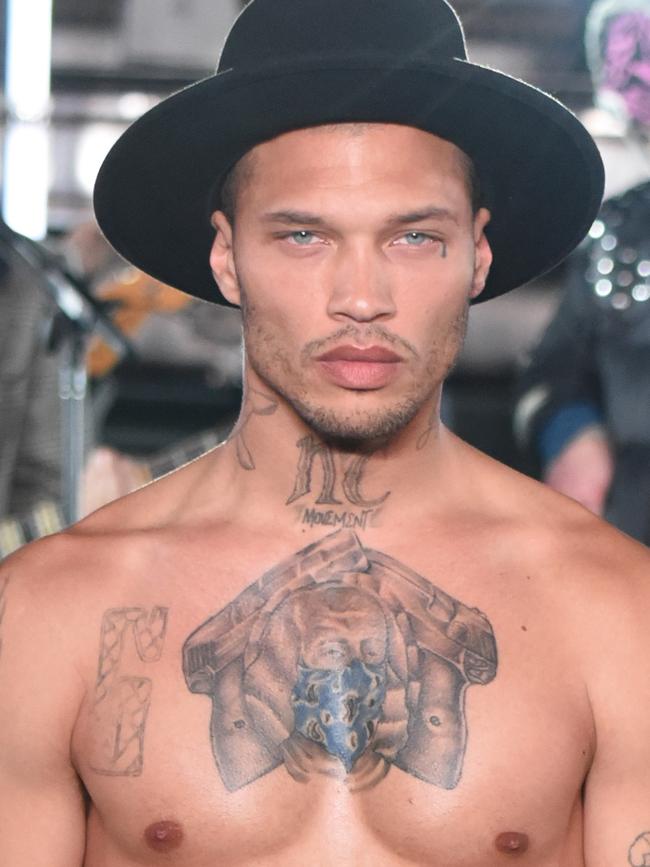
“The (public) should go down to Government House for an Australia Day awards and listen to people getting recognition in our society … but you see people down there, 70 years voluntary work with youth in Armidale, 70 years, you’re kidding me, and yet we allow out-and-out criminals to make money from being celebrities,” McKay said.
“You know, I just find it absolutely disgraceful that we actually start idolising people who have made money by causing death to unknown children, to unknown adults. We have all these wonderful people doing wonderful work that we just ignore. It’s a warped way of looking at things.”
He said people would see images of criminals on Sydney Harbour on boats like playboys or even on their own streets, driving about in Mercedes when they had not worked a legitimate day in their life.
“It’s so ridiculous isn’t it, and there’s all these wonderful people doing wonderful community work and achieving great things … so on TV I saw (name deleted) blueing because he can’t be a cage fighter. Now the man’s an assassin, kills people for a living, shoots people in the head and then rips their bodies up and throws them away, and his girlfriend’s there and she’s got more plastic than a Tupperware factory and it was just glorifying.”
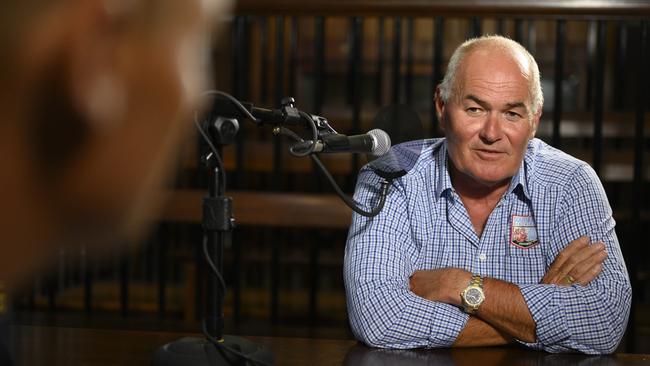
Dr Robinson said social media had played a part in allowing an even wider audience to follow such lifestyles at a safe distance — while also enjoying a feeling of superiority.
“Something that happens on social media is we are always comparing ourselves to others, and we want to compare ourselves to others that we feel more superior to. We are comparing ourselves to people who have glamorous lifestyles … the celebrity, or someone who has the lifestyle we aspire to, gives us something to look for … but because they are a criminal celebrity we still feel superior, so it’s kind of a safe way to compare ourselves to successful people.”
She said good news stories did not have the same appeal because they felt “normal” and part of everyday life or, alternatively, people had achieved such great things in the community it seemed out of reach of the average person.
“So there is a double whammy there for (recipients) of human rights or humanitarian awards, and while we all applaud and support them, it’s unachievable for us,” she said.
FOLLOW: TRUE CRIME AUSTRALIA ON FACEBOOK
McKay though offered a final reason to be less enamoured of the crims.
In his more than three decades as a police officer there was not a single gangster or criminal he had arrested who was not on some form of dole or welfare,” he said.
“I’d never locked up anyone who wasn’t on the dole or on welfare, none, not one.
“Then they’ll start blueing when they’re in jail and their welfare gets cut out. So that’s a pretty stuffed up world isn’t it.”
HEAR MORE FROM KEN MCKAY
